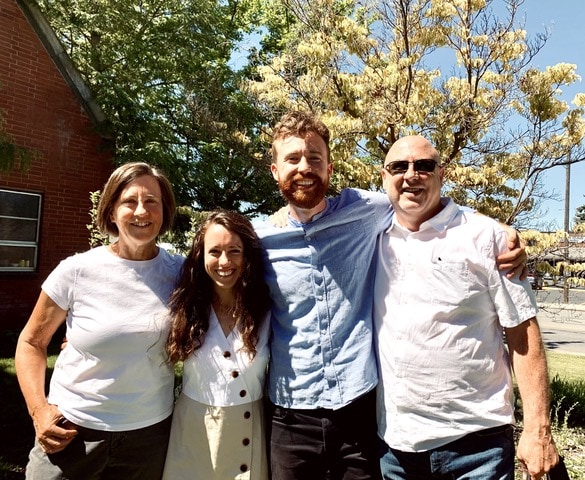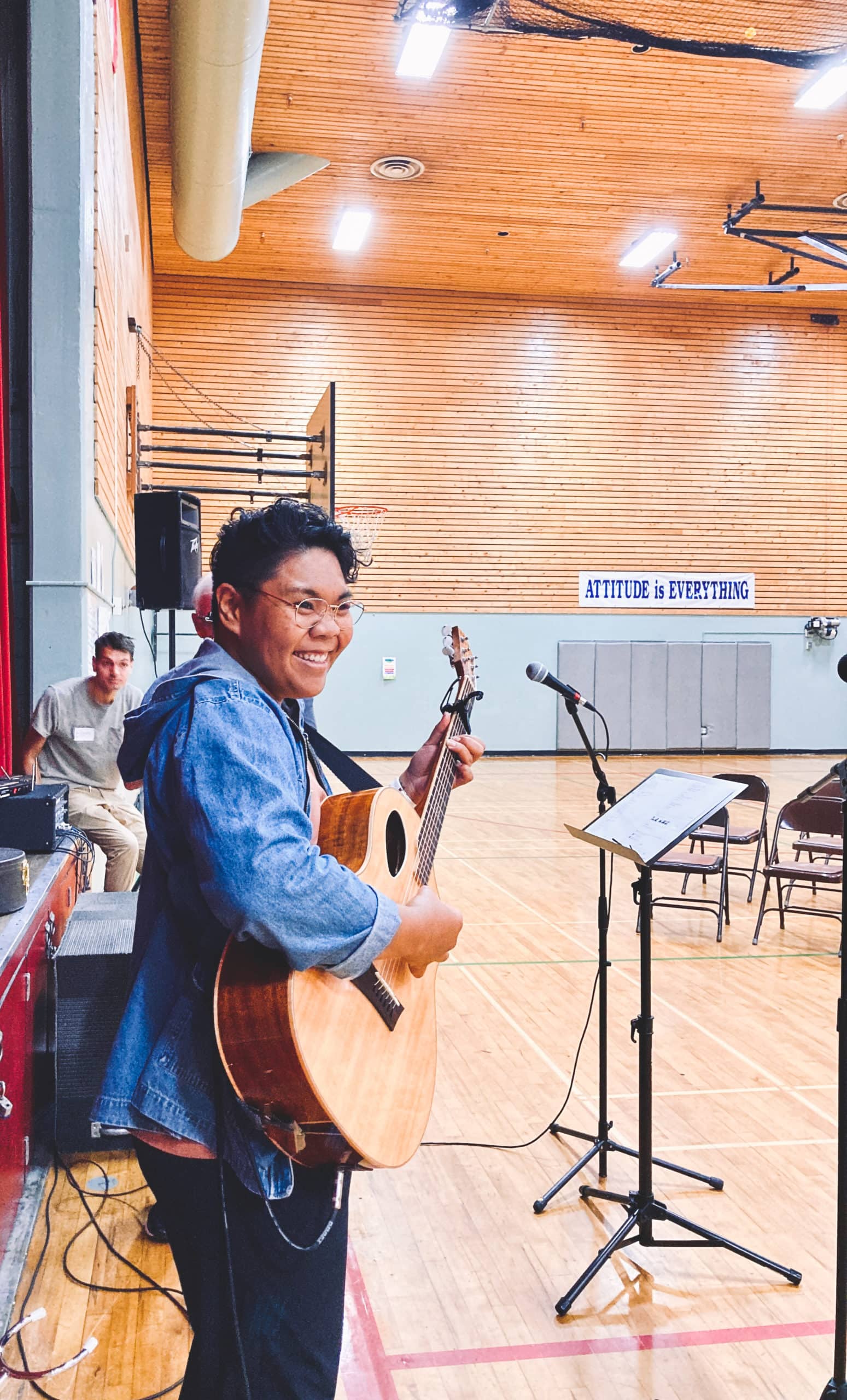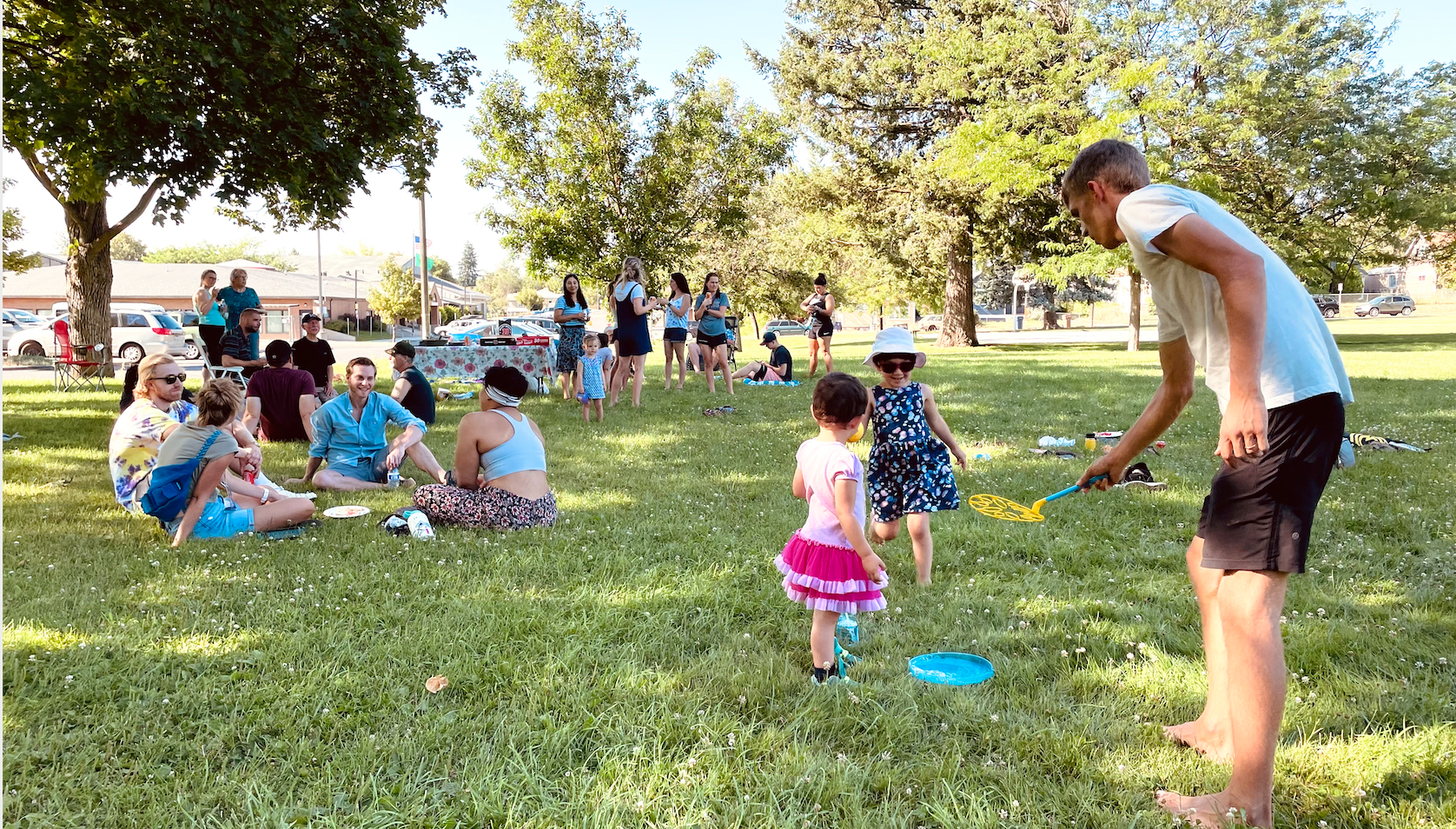Residency Is More Than an Internship
Church planting is in Rob Fairbanks’s DNA. He has helped start more than half a dozen congregations, as well as led a worldwide church-planting organization called Communitas International.
 But with Immanuel, the Covenant congregation Fairbanks planted eight years ago in Spokane, Washington, he had a new vision. Fairbanks began to dream of bringing residents of the community on staff. His vision was that they could incubate in the church environment, shadowing the staff and learning what it takes to serve a community through the church.
But with Immanuel, the Covenant congregation Fairbanks planted eight years ago in Spokane, Washington, he had a new vision. Fairbanks began to dream of bringing residents of the community on staff. His vision was that they could incubate in the church environment, shadowing the staff and learning what it takes to serve a community through the church.
At the same time, Fairbanks was teaching a class on the missional church at nearby Whitworth University, where he met a young man named Phil Moore. Moore began attending Immanuel and signed up with some friends to do an internship at the church to learn about pastoring and church life.
“Rob was one of the first pastors I met who was a pastor in the way that I would want to be a pastor,” Moore says. “The word really is ‘incarnational.’ He is totally with the people. He shares the joys and sorrows of real life together.” Together the two began a discernment process which led to an understanding of Moore’s call to serve God vocationally in the church. He became a resident at Immanuel, preaching, leading, and learning. Fairbanks says, “Residency is more than an internship. Internship is a learning experience. Residency has a definite end game in it: starting another church.”
After Covid, the building Immanuel had been renting as worship space was repurposed into offices. They were searching for another place to worship, and Shadle Park Presbyterian Church offered to let them use their building. The two congregations started holding independent services in the same building in the west central neighborhood of Spokane, a disadvantaged part of town. As they worshiped there, Moore and his wife, Nina, felt a pull to move into the neighborhood. Immanuel eventually found another place to put down roots, but the seed had been planted. Moore and Nina felt led to start a church, the Garden, in their new neighborhood.
Residency is more than an internship. Internship is a learning experience. Residency has a definite end game in it: starting another church.
After Moore had served two years of residency, he and Nina planted the Garden, a Covenant congregation, on September 19, 2021. Several members of Immanuel joined the new plant. While Immanuel celebrates with them, they also miss them. “It’s hard to see them leave,” says Fairbanks, “but it’s about proclaiming the gospel to all the nations. Phil has proven that he can be a missionary in context.”
 Fairbanks has been instrumental in forming the local Pacific Northwest Church Planting Movement, a partnership of 30-40 churches from various denominations and fellowships in the region. Yearly each congregation gives money to the group and also takes an offering for the cause of church planting across denominations. Moore was able to access some of those funds to assist in his work.
Fairbanks has been instrumental in forming the local Pacific Northwest Church Planting Movement, a partnership of 30-40 churches from various denominations and fellowships in the region. Yearly each congregation gives money to the group and also takes an offering for the cause of church planting across denominations. Moore was able to access some of those funds to assist in his work.
While Moore pursues licensing and ordination through the Covenant, the local church, the regional conference, and the denomination have partnered together as a strong net of support for the Garden.
Immanuel currently has one resident and is seeking another. As the program grows and more churches are planted, more mentoring pastors will be available to train new residents.
Alex Rahill, director of church planting for the Covenant, says, “With this system of planting you get local, conference, and denominational support and care. The plant has the multiplied benefit in terms of support and coaching. And they are anchored deeply to the church that planted them. There is a deep personal relationship.”
Moore says, “I would never want to do this alone. I don’t think it’s possible alone. I think it’s hard enough together. But the main thing I think about the benefits of doing a residency at Immanuel is generosity. From start to finish everyone generously welcomed me. I never felt like I was second class even though I was a resident and not ‘real’ staff.”
Rahill concludes, “We are better together and bringing all that strength, depending on each other, often goes against our culture. But good discipleship is radical relationship where we are able to trust and follow someone who is a person filled with integrity and the Holy Spirit.”













